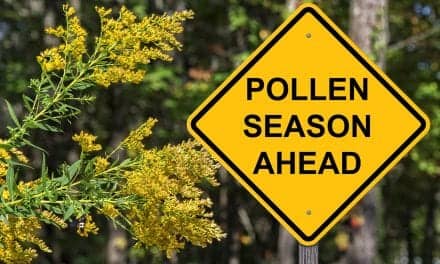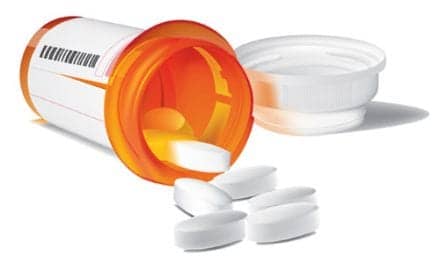Mallinckrodt plc announced findings from a large retrospective study of Acthar Gel (repository corticotropin injection) in the treatment of the respiratory disease symptomatic sarcoidosis that assessed patient characteristics, treatment patterns, concomitant medication use and physicians’ assessments of treatment response.
The study examined medical records from 302 patients with advanced symptomatic sarcoidosis, the majority of whom had comorbidities and had previously been treated with corticosteroids.
The analysis showed that the use of Acthar Gel was associated with improved overall health status in 95% of patients as reported by physicians’ assessments, with more than half of patients (54%) seeing improvements in two or more symptoms.
In addition, there was an association observed between the use of Acthar Gel therapy and reduced overall use of other medications. Results of the study were recently published online in Therapeutic Advances in Respiratory Disease, an online, open-access peer-reviewed journal.
Acthar Gel is approved by the US FDA for the treatment of symptomatic sarcoidosis. [Please see Important Safety Information for Acthar Gel here.]
“Symptomatic sarcoidosis is a rare and clinically challenging multisystem disease with high-dose corticosteroids as the mainstay of therapy. Mallinckrodt is committed to better understanding patients who may need an alternative to corticosteroids,” said George Wan, PhD, Vice President and Global Head of Health Economics and Outcomes Research at Mallinckrodt. “This study examined records from a large group of patients with advanced symptomatic sarcoidosis, and as such provides real-world data to support the use of Acthar Gel therapy in clinical practice in appropriate patients.”
The study, titled “Repository corticotropin injection in patients with advanced symptomatic sarcoidosis: retrospective analysis of medical records,” evaluated patient records from 302 adult (≥18, mean age=51 years) patients who were treated with Acthar Gel in the previous 36 months at the time of data collection from September 2017 to November 2017.
Patients were required to have completed an individualized course of Acthar Gel therapy or received Acthar Gel for ≥6 months at the time of data collection. Records were analyzed from 98 physicians in a range of specialties, including pulmonology, rheumatology, primary care, dermatology, cardiology, ophthalmology, gastroenterology and neurology.
Sixty-four percent of patients had chest imaging and biopsy-confirmed stage 3 or 4 sarcoidosis and 30 percent had been hospitalized for sarcoidosis during the previous year.
All patients had evidence of pulmonary involvement; 42 percent had involvement of one extrapulmonary organ and 34 percent had involvement in multiple extrapulmonary organs, most commonly the skin (28 percent), joints (25 percent), heart (22 percent) and eyes (22 percent).
Patients’ symptoms included mild-to-moderate shortness of breath, fatigue, bone and joint pain, wheezing/coughing and abnormal heartbeat prior to treatment with Acthar Gel; 76% of patients reported 1 or more comorbidities; 24 percent had no comorbid conditions.
The study examined concurrent medication use before, during and after Acthar Gel therapy. Eighty-six percent of patients had received other treatments in the three months prior to receiving Acthar Gel and concurrent medications used included oral corticosteroids, biologics, immunosuppressants and antimalarial agents.
The analysis found that patients had varied and individualized dosing regimens. The mean duration of Acthar Gel treatment was 32.5 weeks, with 61.6 percent of patients continuing treatment for ≥6 months.
Use of Acthar Gel was associated with a reduction in the use of other medications.
Acthar Gel was also associated with an overall decrease in use of corticosteroids from 61.3 percent during the three months before Acthar Gel initiation to 12.9 percent three months after the start of Acthar Gel therapy.
The analysis also showed an association between Acthar Gel treatment and a decrease in the mean daily dose of corticosteroids from 18.2 mg to 9.9 mg.
According to physicians’ assessments of change in patient health status following Acthar Gel therapy, improvements were reported in: overall health status (95 percent) as measured by the question “What is the patient’s status as of the end of RCI therapy or the six months point in therapy for ongoing treatment patients?” In addition, physicians reported overall reduced symptoms (73 percent); improved lung function (38 percent); reduced inflammation (33 percent); reduction or discontinuation of corticosteroids (32 percent); and increased quality of life (32 percent).









